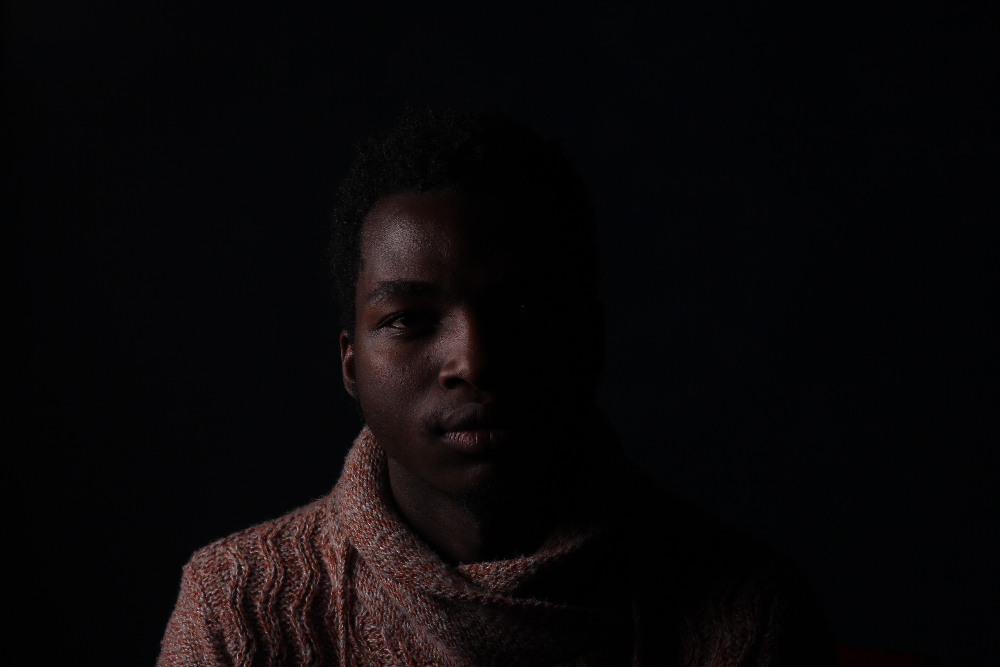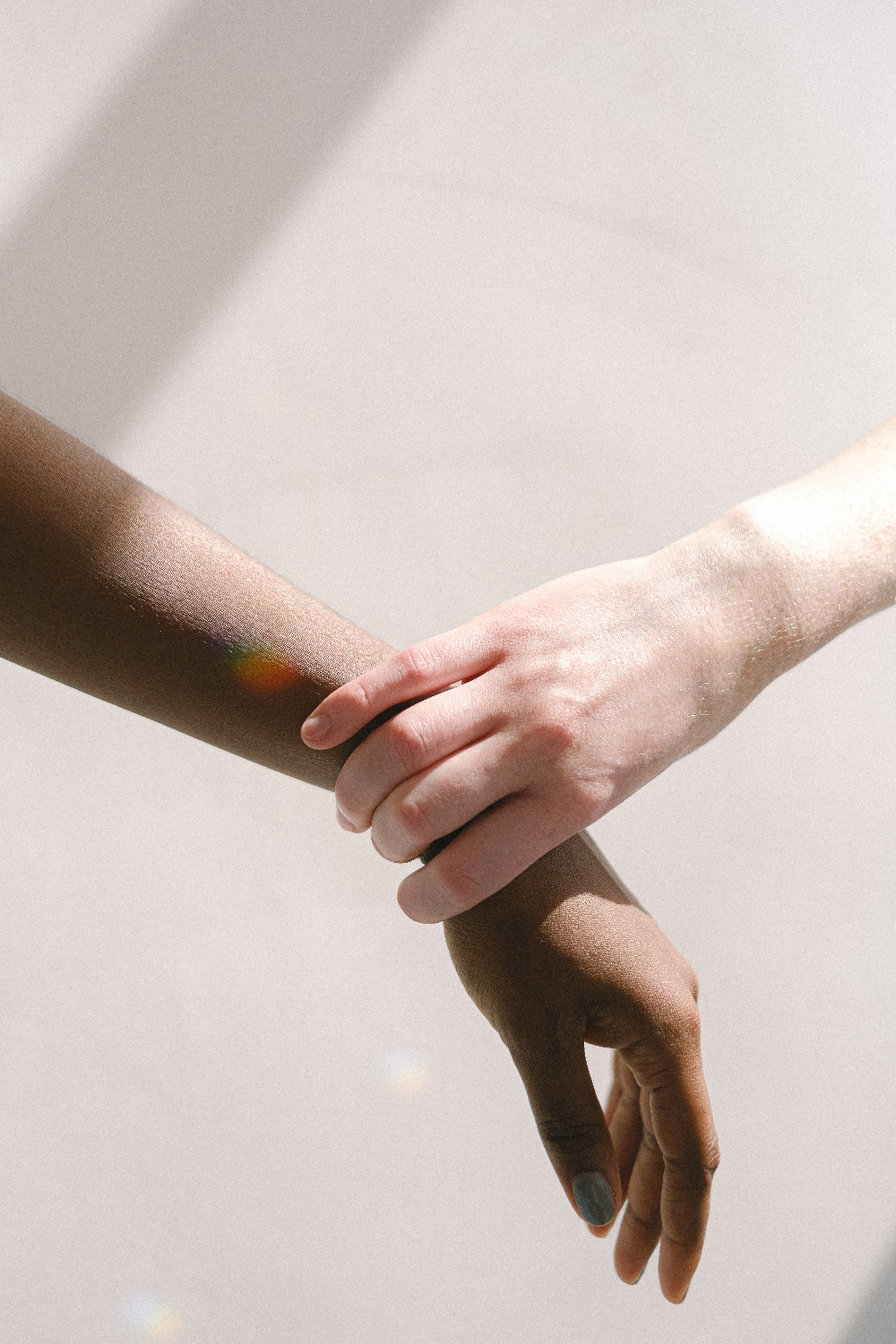Black patients are disproportionately misdiagnosed with mental health disorders.
Academic studies have recently found that Black people are being misdiagnosed at much higher rates than white patients. This is showing to be more rampant with those with schizophrenia. According to the National Alliance on Mental Illness (NAMI) only a quarter of Black individuals receive adequate mental health care, even though these patients are 205 more likely to experience serious mental health issues. This could be due to unconscious or implicit bias, which refers to the subtle preferences people may have but don’t realize it.
A licensed clinical social worker and therapist at Talkspace Dr. Reshawna Chapple shed some light on unconscious or implicit bias. She explained that Black individuals are more likely to be incorrectly diagnosed with bipolar disorder, due to similarities between how bipolar presents itself and the way Black individuals may express emotions. Dr. Chapple explains, “When they end up expressing themselves, our bodies are moving, our voices can get elevated. For some people who aren’t used to those types of mannerisms, that comes across as being a mental disorder: There’s something wrong with this person; they can’t control themselves.”

“They asked me to go talk to one of the Black patients, and they kept saying that there was paranoia,” says Dr. Jessica Jackson, now the clinical strategy manager of mental health equity at benefits platform Modern Health. “It turned out he just had really bad experiences with white healthcare workers and didn’t want to talk to them but was happy to talk to me. What would’ve been classified as a psychotic paranoia was actually a legitimate, healthy paranoia given his experiences.”
According to the National Institutes of Health (NIH), mental health issues are largely misdiagnosed. Anxiety disorders have a misdiagnoses rate of 71% while depressive disorder has a misdiagnosis rate of 66%, and the misdiagnoses rate for bipolar is 93%. The recent American Psychiatric Association’s Diagnostic and Statistical Manual of Mental Disorders (SAMHSA) report shows that racial bias in the field continues. African Americans comprised 33.6% of the individuals diagnosed with schizophrenia or other psychotic disorders and 21.4% of those diagnosed with ADHD with is much higher than their proportion (13.5%) of the U.S. population.
A recent study by the U.S. government found that Black people receive more misdiagnoses when it comes to disruptive and psychotic behavior and disproportionately more unnecessary treatment for these issues than other races and ethnic groups. This large over-representation may be fueled by the systemic racism ingrained in psychiatric and psychological practices – racism admitted in 2021 by both the American Psychiatric Association (APA) and the American Psychological Association (APA). After the admission, the APA issued a public apology admitting to the role of various psychiatrists in “perpetrating structural racism.”
This can all have a negative impact on Black employees in the workplace. It is important that employers have those conversations with their employees and coach them on unconscious bias and how it can be overcome. The main issue is the stigma that surrounds mental health issues. Companies need to show their employees that their employees’ mental health is important and there needs to be continuous mental health education to minimize this stigma.
Sources:
Mental health has a race issue: How misdiagnosis is impacting Black employees
3 techniques for making sure implicit bias doesn’t impact your talent life-cycle
New Government Report Provides Evidence Racism is Still Entrenched in States’ Mental Health Services


Join the conversation!